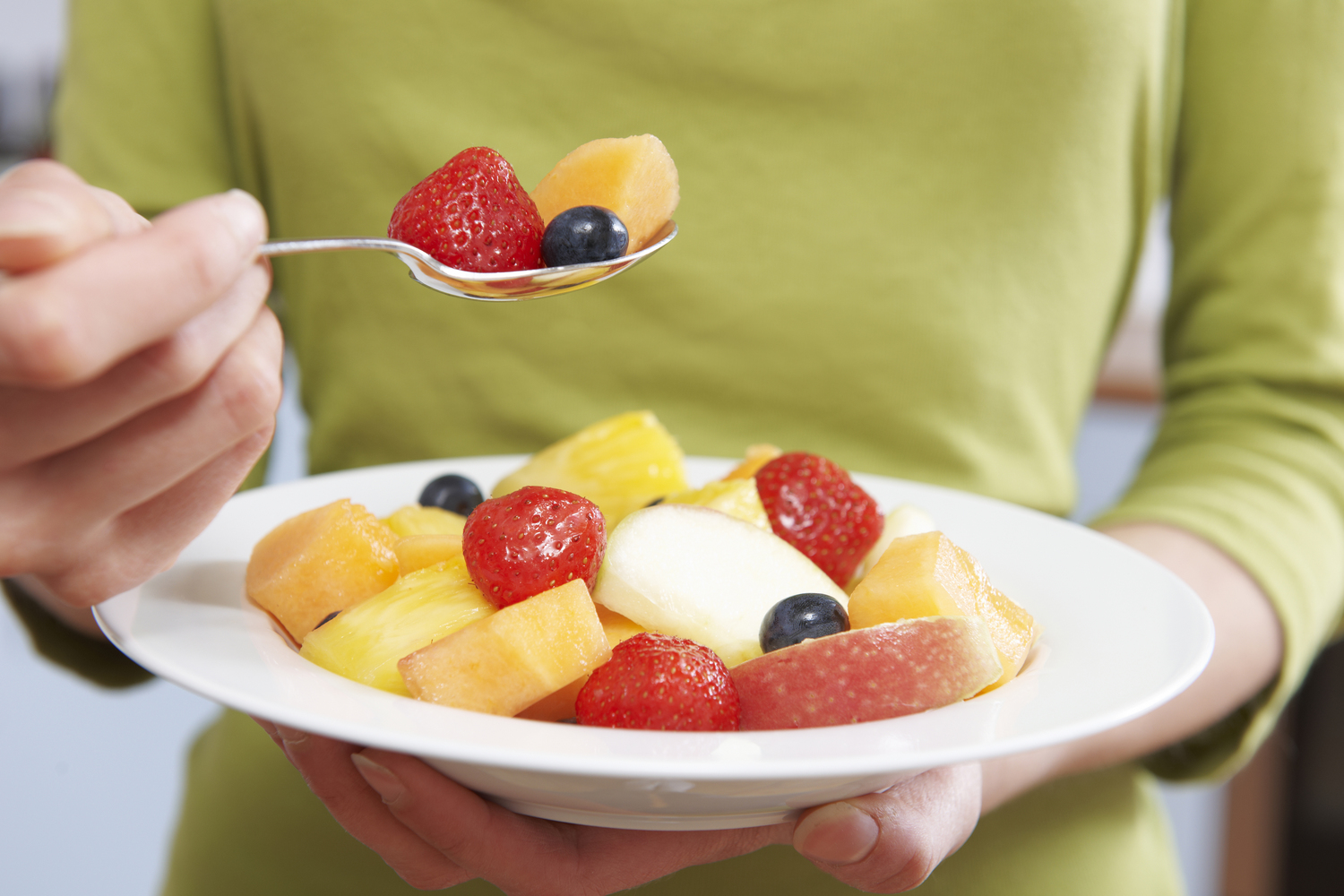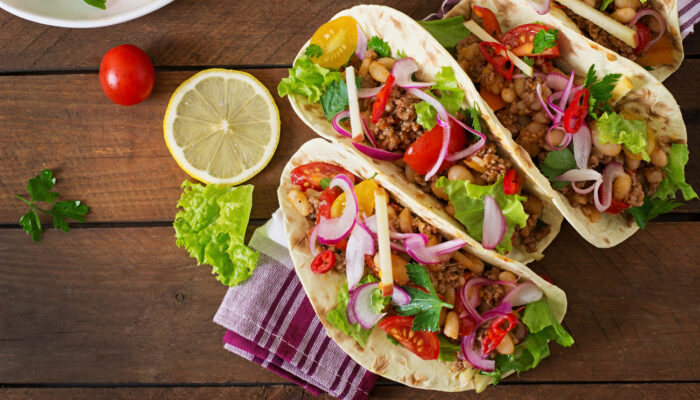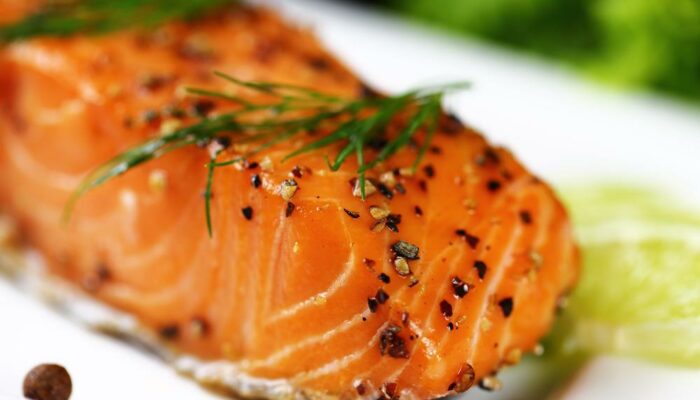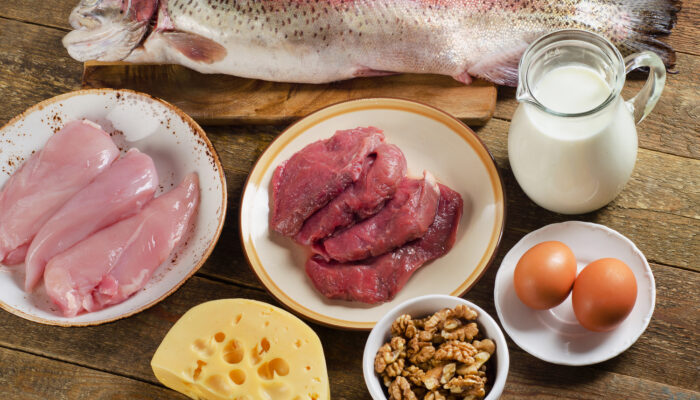
Diet Tips for Individuals Affected by IBS
IBS or Irritable Bowel Syndrome is a common intestinal disorder whose symptoms include abdominal pains, cramping, gas and bloating, constipation, and diarrhea. It is a chronic medical condition that must be managed properly. Aside from taking medication, people suffering from the condition need to know diet tips for IBS to help keep it under control. There are some other useful lifestyle tips and stress management tips that can help you control IBS.
Diet plans and tips for IBS include the following:
1. High-fiber diet
Fiber adds bulk to your stool, making it easier to pass. It is recommended that an adult must eat almost 35 grams of fiber every day. The number does not appear to be very high, but the truth is most people do not eat more than 15 grams of fiber each day. You need to include vegetables, fresh fruits, and whole grains in your meals to prevent constipation. In case you feel bloated because of too much fiber in your meals, you should try to eat only fruits and veggies that are fiber-rich, and avoid grains.
2. Gluten-free diet
Gluten is a protein that is found in items made from grains such as pasta and bread. This protein may harm the intestine if you are gluten-intolerant, which is why a gluten-free diet is recommended for one suffering from IBS. You need to restrict wheat, rye, and barley from your meals, and observe whether your condition improves. Gluten-free foods are easily available in grocery and health food stores, making it easy to follow the diet.
3. Low-fiber diet
Fiber is known to help some people with IBS no doubt, but it may make symptoms worse for others. Instead of eliminating all fiber sources from your diet, you can choose to eat only soluble fiber such as that present in berries, carrots, apples, and oatmeal. The fiber in these foods will dissolve in water and not add more bulk as insoluble fibers do. Hence, you will not feel bloated and uncomfortable. You can add whole grains, tomatoes, raisins, nuts, broccoli, and cabbage to your diet.
4. Elimination diet
In this diet, you have to focus on avoiding some foods for a stipulated period to see if your condition improves. The most common triggers are insoluble fiber, chocolates, coffee, and nuts. The idea is to stop eating them for about 12 weeks and then watch for differences in symptoms.
5. Low-fat diet
Fatty foods are known to cause many health problems like obesity, and this is even worse when you already have IBS. All high-fat foods have less fiber, and this aggravates constipation. So, you need to restrict animal fats and fried foods from your diet and focus on fruits, veggies, lean meats, low-fat dairy products, and grains.
6. Low FODMAP diet
FODMAPS are carbs that intestines find hard to digest. People with IBS are likely to experience more bloating and gas because of these. So, you can avoid these foods for 6-8 weeks to notice any improvement in symptoms. Some of these foods include high-fructose corn syrup, sweeteners, lactose products, legumes, wheat-based cereals, pasta, and cashews. Also, this list includes vegetables such as broccoli, cabbages, artichokes, asparagus, onions, cauliflower, and mushrooms.



